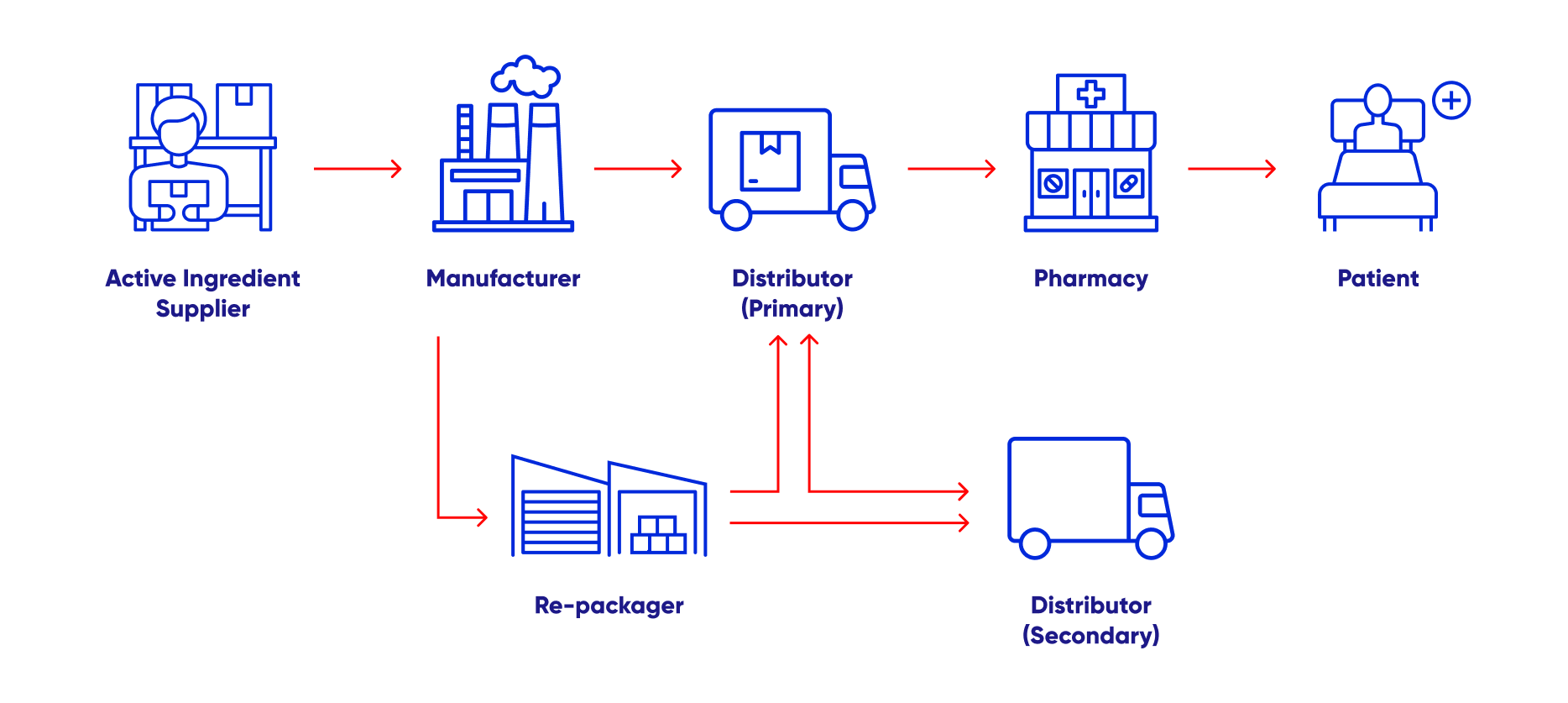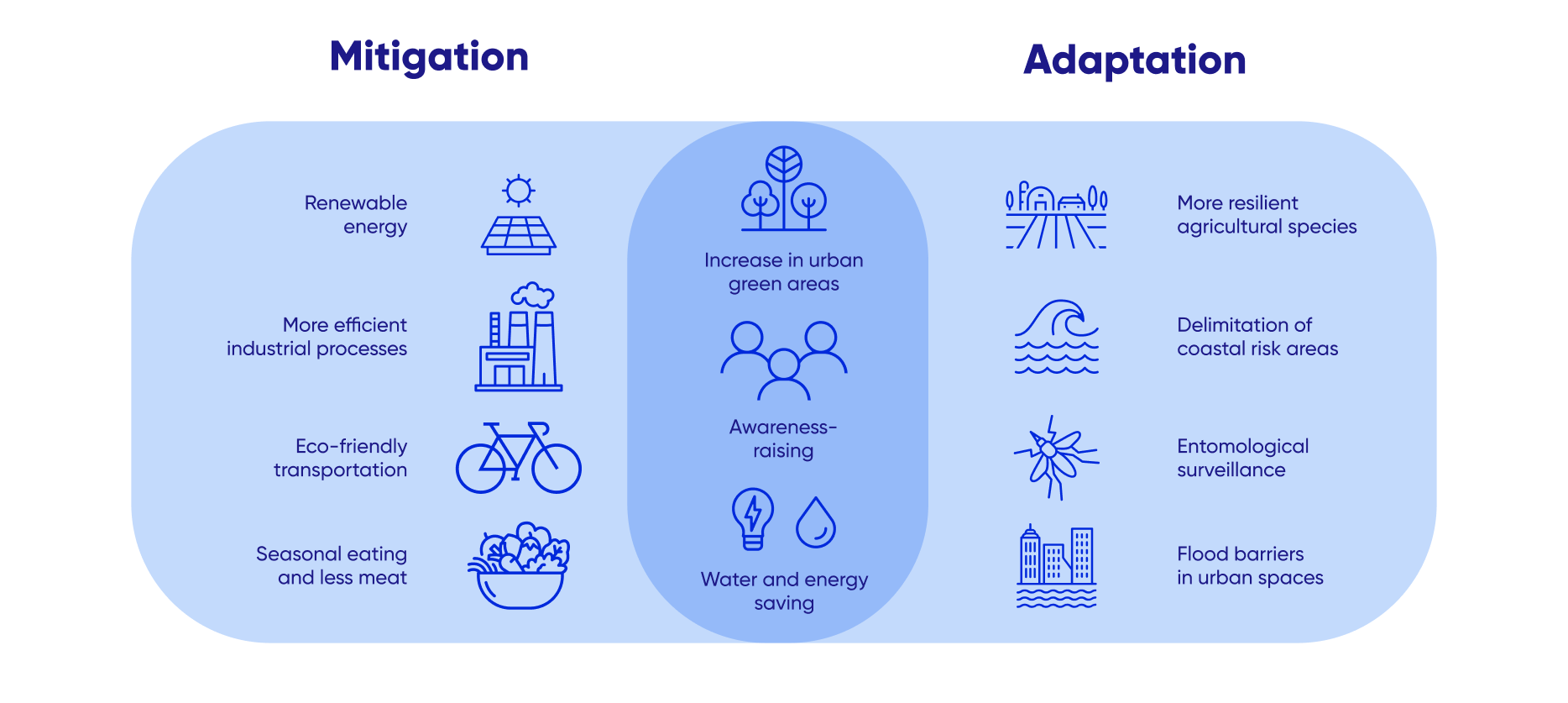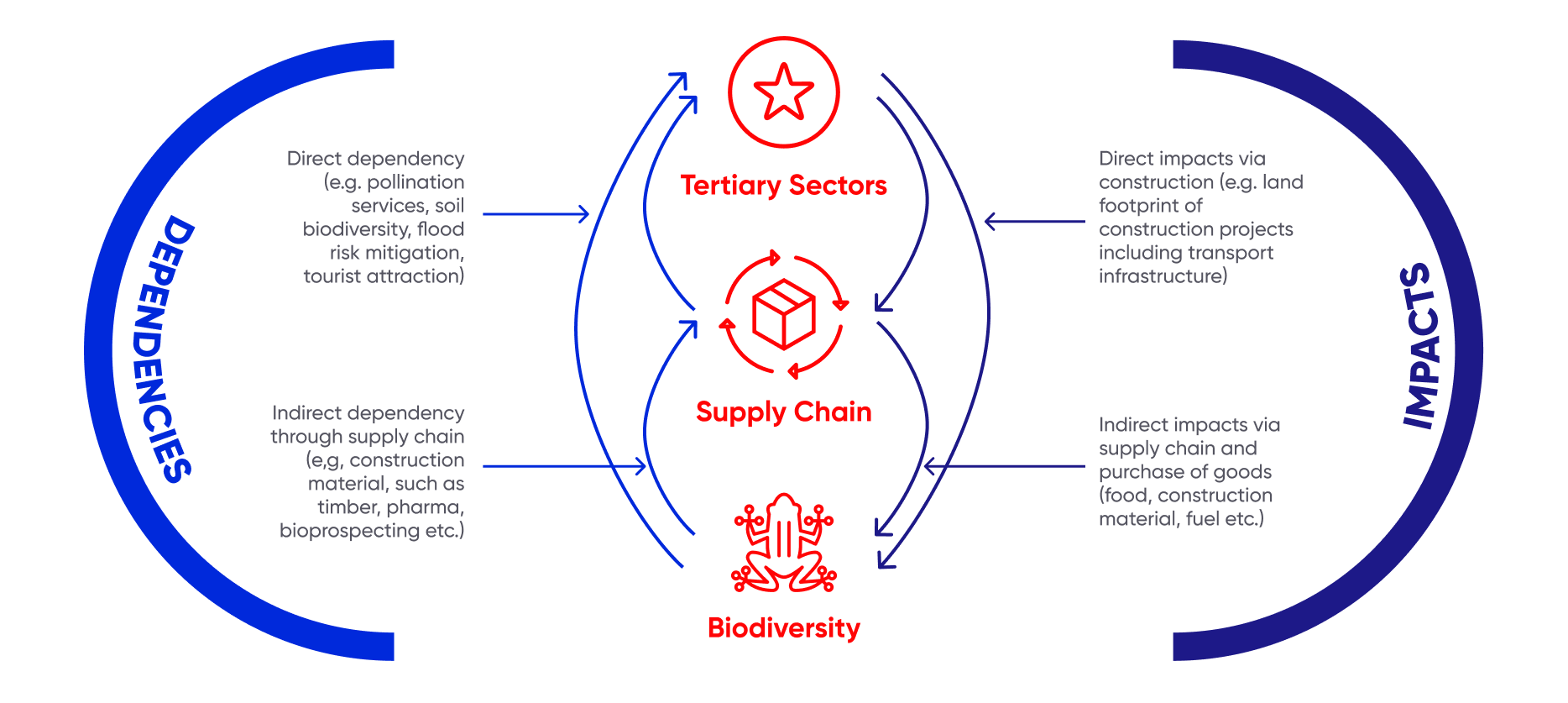- about us
- services
services
- Clinical Trial Supply
- EARLY ACCESS PROGRAMS
- COREX SUPPORT SERVICES FOR RARE DISEASES
- Laboratory Kits Preparation
- Marking and labeling of medicinal products
- Return of medicinal products, materials and equipment
- Certified destruction of drugs
- Quarantine storage of drugs and clinical trial materials
logistics
- Temperature controlled transportation and storage services
- Patient Oriented Services
- Vaccine delivery and storage
- Cryogenic storage and transport
- COREX Logistics Courier service
- Direct-to-patient Delivery
- Global logistics for clinical trials
REGULATORY SUPPORT AND CUSTOMS CLEARANCE
- Customs clearance of medical cargo
- EXPERT IMPORTATION SOLUTIONS FOR LABORATORY EQUIPMENT AND MEDICAL PRODUCTS
- knowledge hub
- WhitePapers
- Media Center
- news
- videos
- events
- Tone Of Voice
- The Corporate Culture Guidebook
- case study
- contacts
- we're hiring
CLINICAL TRIAL LOGISTICS
REGULATORY SUPPORT
CLINICAL STUDIES SERVICES
- about us
- services
services
- Clinical Trial Supply
- EARLY ACCESS PROGRAMS
- COREX SUPPORT SERVICES FOR RARE DISEASES
- Laboratory Kits Preparation
- Marking and labeling of medicinal products
- Return of medicinal products, materials and equipment
- Certified destruction of drugs
- Quarantine storage of drugs and clinical trial materials
logistics
- Temperature controlled transportation and storage services
- Patient Oriented Services
- Vaccine delivery and storage
- Cryogenic storage and transport
- COREX Logistics Courier service
- Direct-to-patient Delivery
- Global logistics for clinical trials
REGULATORY SUPPORT AND CUSTOMS CLEARANCE
- Customs clearance of medical cargo
- EXPERT IMPORTATION SOLUTIONS FOR LABORATORY EQUIPMENT AND MEDICAL PRODUCTS
- knowledge hub
- WhitePapers
- Media Center
- news
- videos
- events
- Tone Of Voice
- The Corporate Culture Guidebook
- case study
- contacts
- we're hiring
- services
Back to the list 23 Mar 2023
23 Mar 2023
Greening the Supply Chain
The Switch to Greener Supply Chains
Who Needs to Take Charge?
Over the past ten years, stakeholder group expectations for sustainability strategy within the supply chain have changed. There have been increased demands for more environmental responsiveness. Supply chains can differ in their approaches — some use sustainability to a competitive advantage while others struggle to meet basic expectations — 33% of companies, according to multinational professional services partnership Ernst and Young, lack a business case for sustainable supply chains.
A 2022 report by Ernst and Young tells us that “focusing on supply chains is key to overall environmental, social and governance (ESG) efforts because more than 90% of an organisation’s greenhouse gas emissions and 50-70% of operating costs are attributable to supply chains”.
Key to how a supply chain can operate sustainably is the Chief Supply Chain Officer (CSCO). With executive leadership of the entire supply chain management team, they’re a key stakeholder, involved end to end from sourcing, procuring and planning to the manufacture and distribution of products and services.
CSCO’s can take the supply chain in a more positive and proactive direction environmentally. They can ultimately enable an entirely greener process — low-carbon, resource-efficient and ultimately better all-round for the planet. Three years ago, in the Gartner 2020 Future of Supply Chain Survey, 84% of CSCOs said that they planned investment in climate adaptation and mitigation measures — positive stats indeed! Ernst and Young, having surveyed 525 large corporations across many sectors, including health providers, say that in order to reap short and long-term benefits, companies should align to science-based targets and begin work to achieve those targets now. So what actions should these supply chains be taking to achieve that?

Visual Source: www.researchgate.net
1. Greenhouse Gas Emission Management
There are two main elements at play here:
- Adaptation — the process of adjusting to the current and future effects of climate change
- Mitigation — making the impacts of climate change less severe by preventing or reducing greenhouse gas emissions into the atmosphere

In the context of the supply chain:
Adaptation includes:
-
Reviewing investment into stranded assets. In recent years, the issue of assets devalued or converted to liabilities by operational processes changed by environmental factors, such as climate change and society's attitudes towards it, has become increasingly high profile.
-
The review of suppliers, categories and raw materials in terms of climate change risks.
Mitigation includes:
-
Long-term — switching to renewable energy and improving emissions efficiency measures.
-
Short-term — the use of carbon offsets to compensate for residual emissions.
-
Emission reduction can also extend to areas such as
-
procurement (ensuring compliance with science-based targets),
-
logistics — reducing transport emissions.
For both adaptation and mitigation, there are three types of possible solutions which can be implemented by CSCO’s:
-
Digital — e.g., the application of energy management systems to operations or sensors to understand real-time emissions.
-
Engineering — e.g., investing in on-site renewable energy.
-
Environmental — e.g., investment in tree-planting schemes to offset carbon emissions.
Source: the Sustainability Trends PDF
With CSCO’s favouring digital and engineering solutions, the costs, benefits and long-term impact of each solution are up for their consideration to see how best it can be applied to adaptation and mitigation.
2. Re-use, Recycle
COVID-19 changed the world in so many ways — in the clinical context, the logistics challenges of getting raw materials where they needed to be, when they needed to be there was hugely problematic and it’s prompted a re-think about logistics and also raised the question — how can raw materials be used more efficiently?The answer? The Circular Economy
-
Digital — e.g., the application of energy management systems to operations or sensors to understand real-time emissions.
-
Engineering — e.g., investing in on-site renewable energy.
Source: wikipedia
Shifting to a circular economy offers many benefits:
-
Increased Efficiency
-
Potential revenue through product resale or offering products as a service
-
Increasing customer engagement
-
Increasing raw material security
Taken altogether, it can also reduce environmental impact.
With over half of supply chain professionals forecasting a post-COVID shift to the circular economy, here are three suggested actions for relevant strategies:
-
Identify products that will deliver additional value.
-
Increased collaboration.
-
Use digital solutions such as engineering solutions for raw material management and environmental solutions to assess the environmental impact of raw materials once they’re finished with.
3. Impacts on Biodiversity and the Ecosystem
Respecting the environment because it’s the place we live is obviously vital to human existence — but did you ever stop to think of the fact that it’s vital to any industry too? To operate in business, we need to extract resources — therefore, isn’t it prudent to protect those resources for continued use? Endangering natural ecosystems also endangers and impacts supply chains.
So what do CSCOs need to think about here?
1. Understanding the loss of biodiversity to the value chain — how will it affect the bottom line? CSCOs should be
-
identifying environmental hot spots across the value chain,
-
conducting a risk assessment on ecosystem and biodiversity impact for coming times,
-
devising potential countermeasures.
2. Acting to preserve and protect the environment
-
Setting sustainability goals, e.g., improving soil quality, increasing water efficiency, etc.
-
Identifying where to intervene to achieve them in order to halt the decline of these vital ecosystems and restore essential biodiversity.
-
Working toward these goals through engineering, environmental and digital solutions.
Into the Future ...
Ernst and Young’s survey found that nearly two-thirds of the executives they spoke to said their top motivator for sustainability efforts is cost savings, including reducing waste, water, electricity and fuel consumption and that the three top motivators for improving supply chain sustainability are cost savings, regulatory compliance and pressure from suppliers:
Source: ey-supply-chain-sustainability-report
70% of their respondents have seen or expect to see increased revenue from sustainable supply chains and 44% of respondents expect increased customer loyalty. EY Americas Supply Chain Sustainability Leader Rae Anna Alves is quoted as saying, “Companies are becoming more sustainable and more digital, and that’s only going to improve over the years to come. They are getting better at resource management, water use, sustainable packaging and circularity. The progress is underway and that is leading us to a better working world”.
With so much at stake, it’s heartening to think that there are clear ways that we can get to work on making what we do more sustainable. It’s a long-term endeavour, but sustainability objectives should start now — it makes sense for business and for the future of the planet. By putting sustainability up there with our most important goals and working together — communicating and brainstorming new ideas and concepts — we can improve how we do business and help bring our environment back out of the red and into the green.
ABOUT US
COREX Logistics is a supply and logistics company with headquarters in Ireland, working with pharma and patients to facilitate improved healthcare worldwide.
Our expert international team works across an 80-country network, specialising in the EMEA region, providing the latest in clinical trial logistics technology and systems, cold-chain delivery, temperature-controlled transportation and storage services. From sourcing, procurement and customs clearance, to labelling, returns and destruction, we cover every link in the supply chain. We also run an established Named Patient Programme and provide Patient-Oriented services. With extensive knowledge and on-the-ground insight into our markets, we create innovative solutions with the ultimate goal of improving the lives of patients.
To learn more about our range of expert services, contact us today on info@corex-logistics.com
If you found this article helpful, consider sharing it with others who might also benefit from it. Sharing knowledge is a wonderful thing to do and can be very helpful to others.
CONTACT US
We’re here to help.
Email us at info@corex-logistics.com or use our feedback form to send us your question.This website uses cookies to improve user experience. By using our website you consent to all cookies in accordance with our Cookie Policy.
- services












